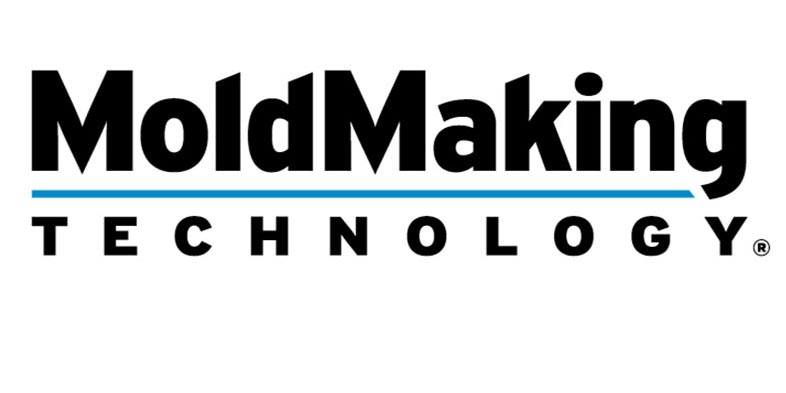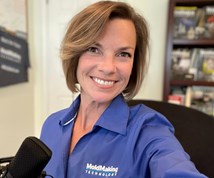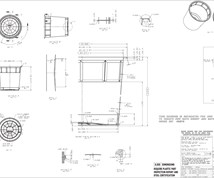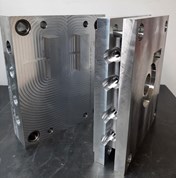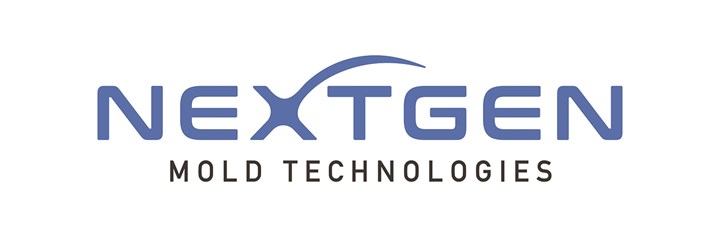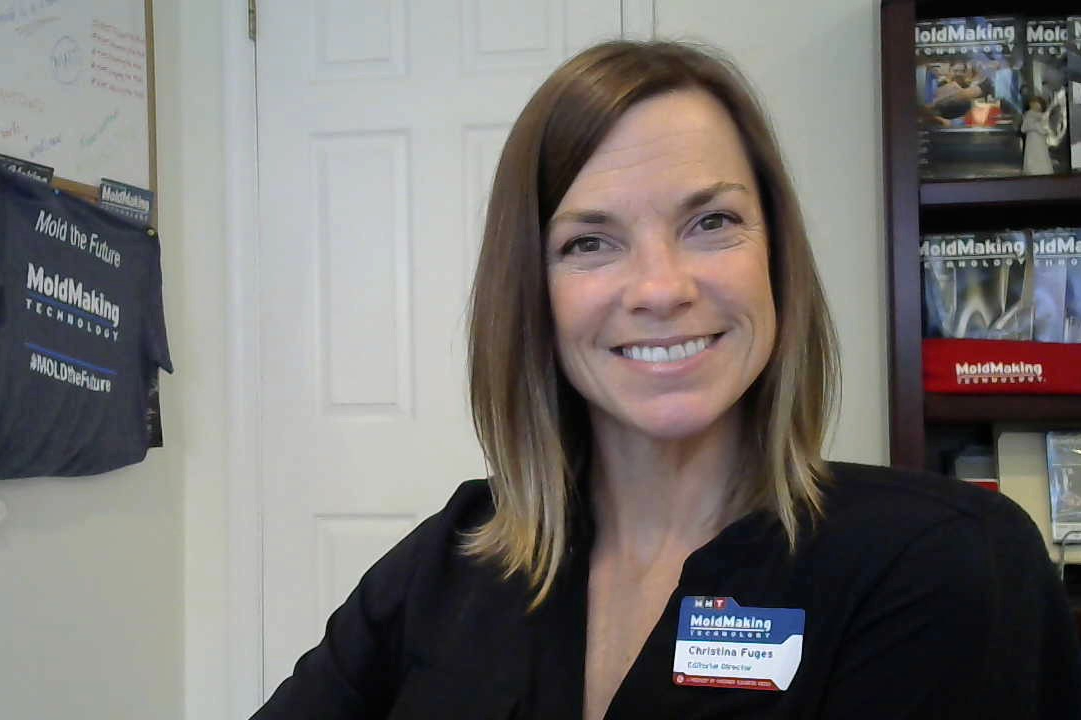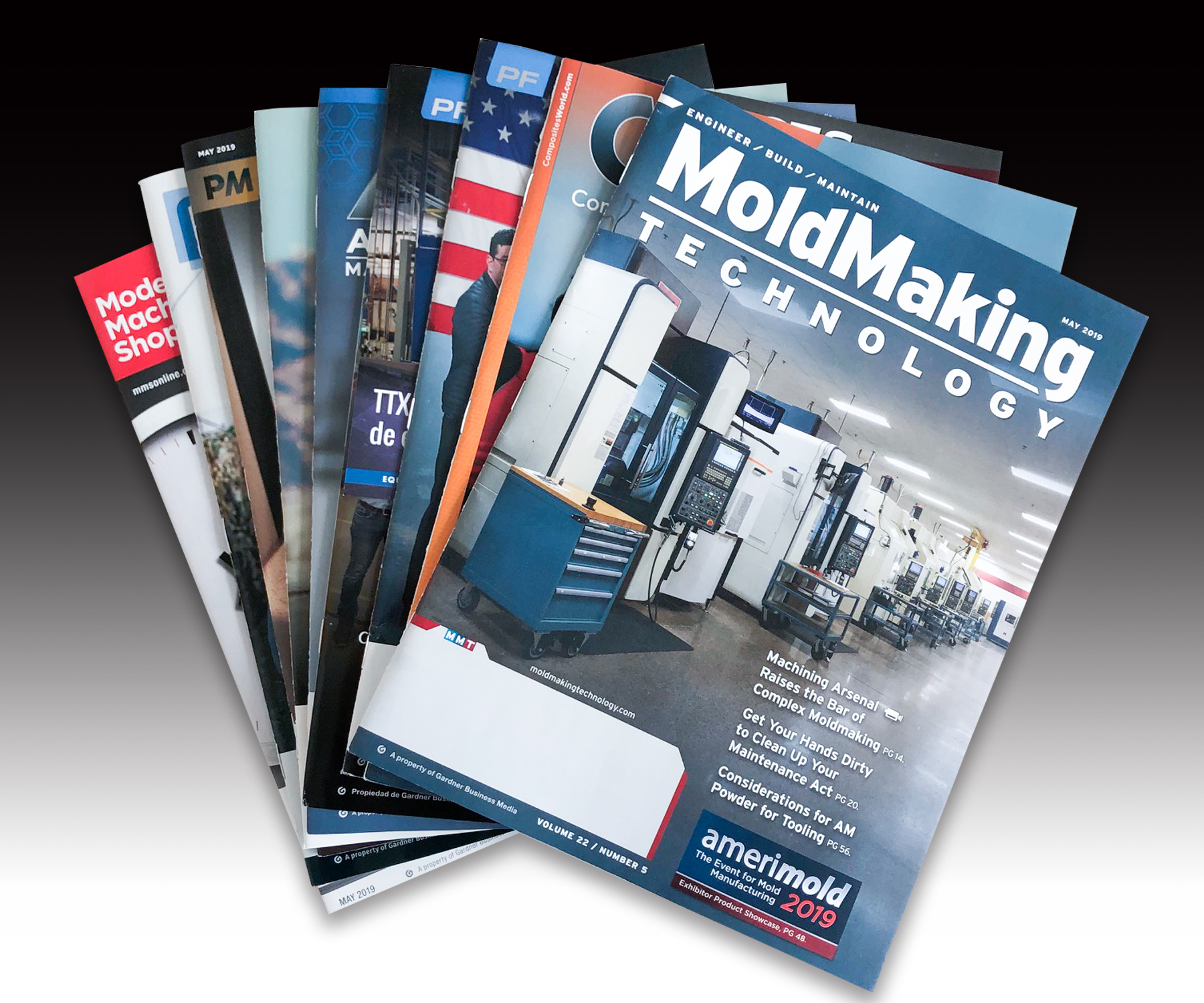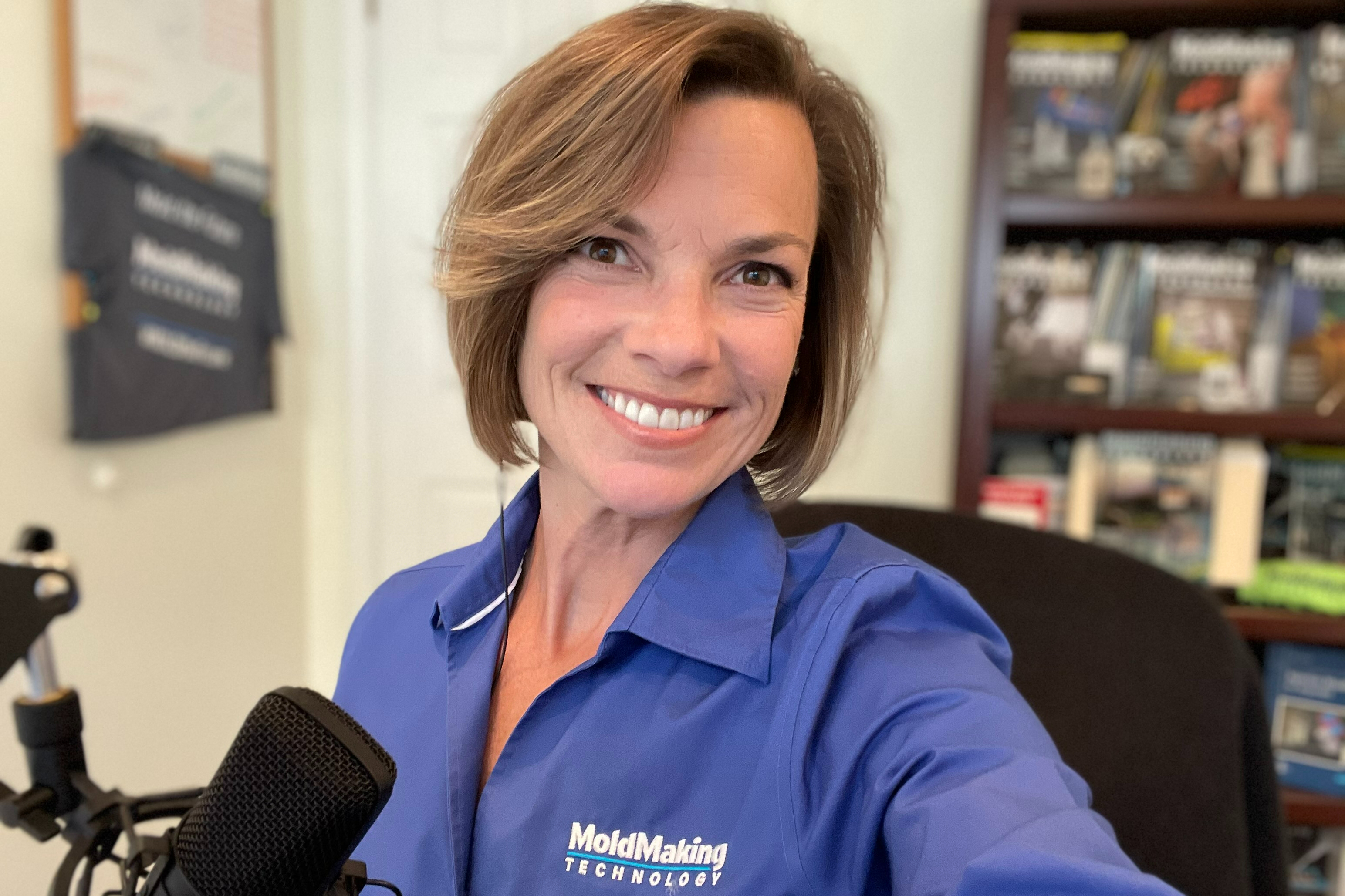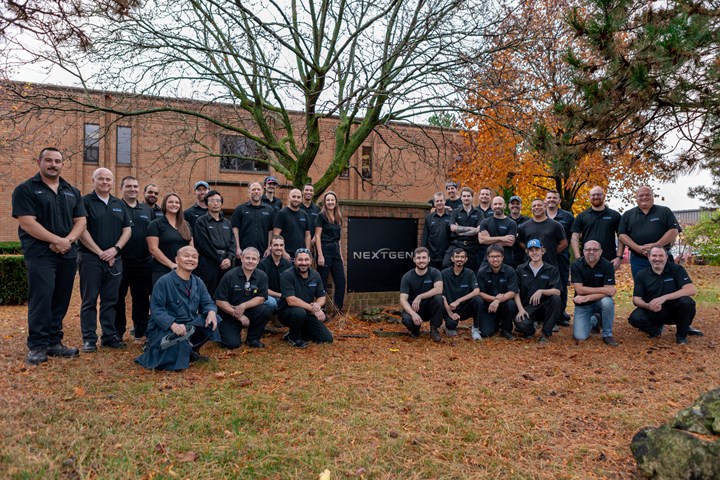
NextGen Mold Technologies’ ownership is grateful to its industry partners for their support during the shop’s startup, but most importantly is thankful for the team’s unwavering commitment to success. Photo Credit, all images: NextGen Mold Technologies Inc.
Who is NextGen Mold Technologies?
Dennis Goggin, president, NextGen Mold Technologies: We are a new and innovative mold provider servicing the automotive industry with new tooling from concept to completion, engineering changes, repairs and landing support. We have quickly built a solid reputation in the injection mold industry through significant investment in relocating our facility, upgrades to machinery and technology and pulling together a strong team of individuals. Our arsenal of equipment and 24/7 shift structure allows the NextGen team to quickly and effectively turn around on feasibility, design, mold maintenance, engineering changes, repairs and new tooling.
What are your target markets?
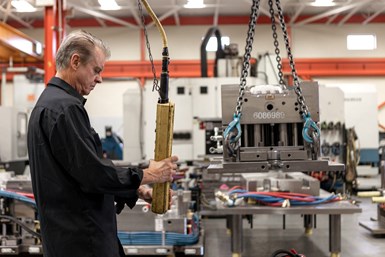
With the shop’s workload of new tool builds increasing, NextGen is creating a task-based manufacturing cell to standardize the plumbing and prepping of the blocks. Future equipment investment includes a laser welder and an additional five-axis machine that is large enough to do all the 2D and 3D work on all five sides of larger blocks.
Goggin: We primarily service the automotive industry and have been strategically developing relationships with interior and lighting Tier 1s. Lighting and interiors in vehicles continue to become more and more complex and, in turn, require more complicated and higher tolerance tooling.
Featured Content
Our focus has been on developing the customer base and type of tooling that many shops in our area veer away from, which allows us to develop more of a niche in the Windsor area. The transition to EVs (electric vehicles) will bring tremendous opportunity to the industry over the coming years. We want to ensure we have an established brand in the industry to capitalize on this opportunity fully.
Share your moldmaking experience and how you began working together to form NextGen Mold Technologies.
Goggin: I grew up in the tool industry. My father started Concours Mold, so I grew up on the shop floor learning all facets of the trade. I went away to college and studied business. Upon graduating, I went to Concours’ tool shop in Mexico, which was struggling and lived there for five years. I transitioned that business from being a service shop to a full new tool provider. I arrived at a facility that was losing money — doing $5 million in sales — and turned it around. It was profitable by the time I left, doing $15 million in sales.
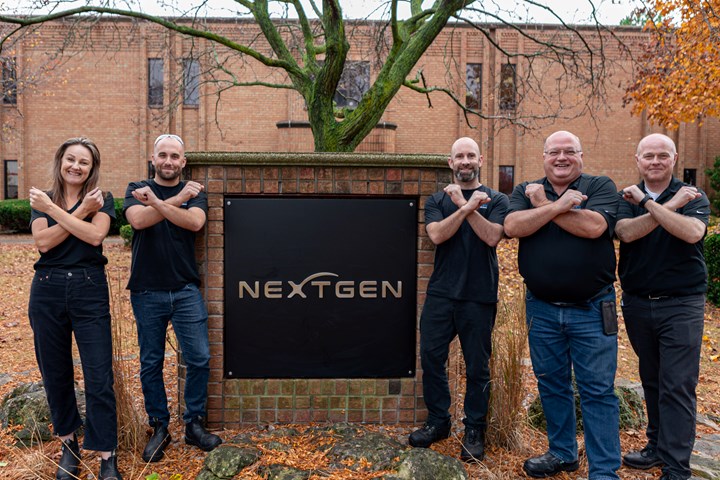
In the spring of 2022, the NextGen Mold Technologies team had 20 people. Then eight months later it increased to 50 employees. The management team has grown proportionally (l to r): Nicola Geyser, business administrative Manager for finance, accounting, HR and business development; Dennis Goggin, president, in charge of sales, estimating and customer relationship development; Andrew Elliot, manufacturing foreman, leading the machining and moldmaking operation; Brian Emery, director of engineering and purchasing who leads engineering and purchasing; and Jason Bott, vice president of sales, overseeing sales, program management and quoting.
My mission having been accomplished, I moved back home and led the Windsor operation while continuing to oversee Mexico for several years. I participated in the transition from Concours to SyBridge Technologies for about a year when Crestview acquired the business. Unfortunately, our visions diverted, so I decided to leave the company.
I worked as the director of operations at Toolplas Systems Inc. for a while and met some good people, including Nicola. I've always aspired to open my own business and work with a good group of people in a good environment. I also enjoy being challenged. So, in July 2021, I finally got the guts to pull the trigger and started looking for different shops to purchase. This was when I came across Enterprise Mold, and here we are with NextGen Mold Technologies.
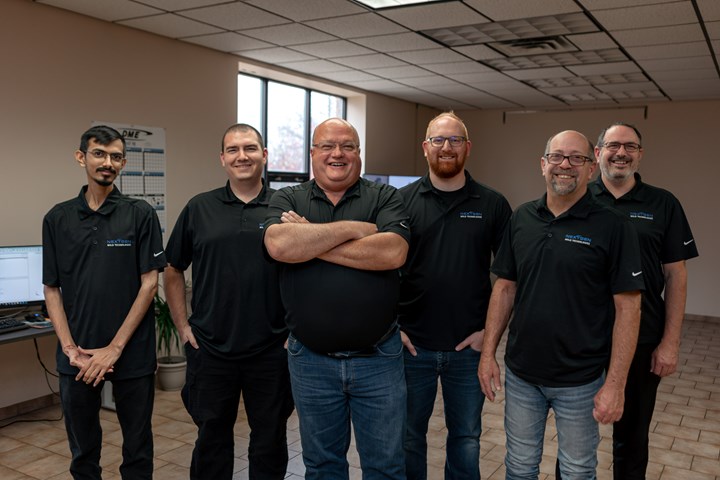
Until June of 2022, NextGen Mold Technologies outsourced all its design work and within four months this engineering team was built with an investment of over $150,000 in software.
Nicola Geyser, business administrative manager, NextGen Mold Technologies: My journey started with immigrating to Canada in 2016. I came from an 18-year legal background. A temporary position at Toolplas in the finance department turned into a permanent HR position, for which my legal background was well suited. The HR role allowed me to focus more on the people side of things, which I am passionate about. I was in HR at Toolplas for five years and through a passion for people, a commitment to settling into my new home in Canada and diligent research on my new role, I was fortunate to have been given many opportunities to expand my skill sets throughout the company.
Dennis and I met at Toolplas and worked closely for a very short time, but we got to know each other well. I was elated when he reached out to me after deciding to open NextGen and invited me to be a part of this incredible journey. We have many similar ideologies about the work environment we want. It helps that we’re both pretty hardcore when it comes to ensuring that our vision gets accomplished. I think we make an unstoppable team.
Why did you purchase an existing shop versus starting one from scratch?
Goggin: The hidden costs and hurdles when starting from scratch are unquantifiable. A substantial capital outlay is required to get a new shop off the ground. Financiers typically finance up to 60% on used equipment, so to hit the ground running with a full-service shop, you need to come up with a lot of capital. When buying an existing business, like Enterprise, we have all the machinery, somewhat of a customer base and some employees. We also have all the little things people don’t think about, like eyebolts, hoses, toolboxes, chains, etc., which add up when starting a new shop. Banks don’t finance those items.
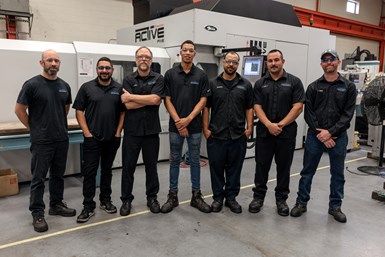
NextGen Mold has a team of strong and skillful people like those who make up the machining team led by Al Balyan (in front of a newly acquired five-axis machine).
Why Enterprise Mold?
Goggin: When considering my options, the most significant advantage to purchasing Enterprise was its unutilized potential. They had 14 CNC/EDM machines and only six employees (including the owner) running one shift. We increased sales substantially in the first two months by onboarding a few key individuals. We then targeted our investment toward calibrating machines and getting new ones. We now have 10 fully operational CNC machines, all within one-thousandth of an inch. It just made sense to go that avenue. It was a perfect transition time — someone at the beginning of their entrepreneurial journey and someone at the end. Fred was in the trade for 50 years and was ready to hand over the baton.
Geyser: The acquisition of Enterprise created a unique opportunity to transplant a new culture into an existing shop, given the small employee headcount. We are pleased to have retained three of the five Enterprise employees, one of whom celebrates his 22nd anniversary this year.
In terms of timing, it could not have worked out more favorably. NextGen was ripe for the picking. A wise man once said, “the people who got your business where it is, are not going to take it where it's going.” As technology and business practices evolve, so too must the people driving it. It is a natural occurrence that strong businesses are developed over time through the contributions of different people and the injection of new blood. The recipe for success starts with a vision clearly defining where you are going and then a commitment to investing in getting there. Enterprise presented Dennis with an opportunity to realize his vision. His industry knowledge, coupled with his remarkable knack for identifying strong and skillful people and harnessing their skills cohesively, are key ingredients for attaining our goals.
What is your vision for the business?
Goggin: Initially, I just wanted to work toward becoming an industry leader known for continually elevating the industry’s current quality expectations. As things have developed, my thoughts haven’t changed much. When people speak about NextGen, we want to be known as the shop that customers choose for quality, meeting deadlines and having a pleasurable experience working with our team. We don’t want to be the biggest. We want to be the best. We want our vision to be upheld and carried sincerely by each member of our team and reflected in the work they do. My vision was to have a group of people who are excited about everything they’re doing. I want people to present ideas, and if they work, I want to incorporate them. So far, I believe we have achieved that.
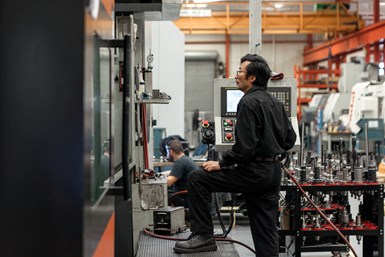
NextGen Mold night shift machinist Cheng Li stands in front of some of the tooling the team invested in this year at a cost of over $300,000.
We don’t have mundane and repetitive employee appreciation events. One guy is passionate about hockey, so we rent the rink and go skating with him and his kids. Another few are passionate about foosball, and we have a foosball table on the shop floor for them to enjoy during breaks. For Thanksgiving, we made one table for over 40 people to sit together and enjoyed a great meal with much laughter while incorporating a small baby shower for a member of our “geek squad.” We want genuine relationships with our team. I want to work with people who come to the table every day with an idea of how to do things better or faster and do it with energy and a good attitude. Our goal is to hit our customers’ deadline and make money within that deadline so that we can go out and purchase the next piece of equipment, have employee appreciation events, provide better benefits to our employees, make it a great place to work and be a first-choice shop for customers to source tools.
Geyser: Many companies focus on performance managing people through nitpicking to be profitable. Our philosophy is to create a sense of ownership of the business in every employee because when you make them a part of the successes and the failures of the business, they have a personal stake in it. Also, we have a high expectation of excellence, a duty of excellence.
It’s only fair that in the same way that we’re expecting employees to step up, we expect that from each other and we challenge each other daily to do better. Our focus is on providing our team with the resources to succeed, whether that is making sure the right person works next to them or ensuring they have the tangible resources to succeed. We put a lot of effort into setting them up for success and not just expecting it.
This is our culture. It’s what we do and not just what we say on paper. We believe that culture is built through consistency and actions rather than words. While policies and procedures are necessary tools to provide guidance and set expectations, they should not be enforced punitively nor with the delivery of an automaton. Great care should be taken when penning policy to paper. It needs to be an atmosphere first. Culture needs to become policy. We have a sign in the shop that says it all: Encouraging Better Ideas Every Day. Ideas are only born in the right environment.
How do you set an employee up for success?
Geyser: We listen. Dennis and I regularly make a point of talking to every member of the team. If you listen, people will tell you what they need. As part of ISO or other HR policies, companies often say, bring us your ideas, but they never really go anywhere. People are just a number in a large organization and ideas get stuck at ground zero. Being smaller allows us to have a more personal handle on that.
We recently noticed some of our team doing push-ups outside during breaks. Dennis made space for them to set up a gym inside for the winter. Why would we not support healthy, energetic goals?
We have employees recruiting as we grow, and not for any financial reward, but just because they want to invite them to be a part of what we’re doing. We have an environment where we encourage people to come to us with obstacles and mistakes. Our philosophy is that the quicker we acknowledge the mistake, the quicker we can move forward, learn from it and rectify it. We call it “research and development.”
What is your next technology investment?
Goggin: At the time of the interview, our goal was to purchase a five-axis machine, which was an imperative investment to achieve our business goals. Another need was a bigger spotting press and a larger boring mill. So far, we have achieved two out of three in a few short months. Our next goal is to add another five-axis large enough to do all 2D and 3D on all five sides of larger blocks and to acquire a laser welder.
What are some immediate goals?
Goggin: Looking back to March, it was to implement 5S, so the shop was better organized and to increase our digital and social media presence. With the help of JMarketing, we launched our website in June. We can proudly boast that our clean and well-organized facility is often a discussion point by prospective new hires, suppliers and customers alike. In addition, our social media posts have proven to be no chore. In keeping it real, we snap pics of good times and share them. That is our brand. We are living it.
Some of our newly established immediate goals would be to develop additional macros and patterns in our design software to expedite design time. With our workload of new builds increasing, we will also work on developing a task-based manufacturing cell in moldmaking to standardize the plumbing and prepping of the blocks. This will also help develop the apprentices on the moldmaking team.
Geyser: From a people perspective, we want a lineup of applicants outside the door wanting to share in the environment we have created. We want to be an employer of choice. You can invest heavily into technology, but that is only half the job done. You cannot be successful if you don’t have the right people driving that technology. Not much can stand in your way if you can figure out both.
Now that we have built the bones of our business, it is time to refine what we have put in place. We are not thinking “bigger” anymore; we are now thinking “better.”
Shed light on a few plans for the business.
Goggin: We want to grow sustainably with capacity, workload and profitability being proportionate. My research reveals that from a profitability perspective, the healthiest mold shops are in the revenue range of between $12 and $25 million a year. Below $12 million, you are package-to-package and get easily overwhelmed and sometimes have too long of a gap. Above $25 million, you lose touch with the people and the culture becomes policy driven. So, a team of 50-65 people doing $12-25 million in revenue annually is my ideal range.
Geyser: We have some big plans. For a handful of people in leadership (management) to realize those big plans, you need to create a village. The more we equip the rest of the team with job enlargement, the better chance we have of achieving those goals. We cannot do it alone. It’s a group effort that requires empowering every team member. Now that we have built the bones of our business, it is time to refine what we have put in place. We are not thinking “bigger” anymore; we are now thinking “better.”
RELATED CONTENT
-
Leadtime Leader Award Honors the Many Faces of Moldmaking
This Award is not only for big mold shops! Check out the criteria for entering our 2024 competition.
-
Extensive Evaluations Build The Plastek Group’s EDM Arsenal
Sinker and wire EDMs selected for speed, volumetric accuracy, surface finish, reliability, cost of ownership and extensive warranty.
-
Discover Metalworking Technologies Targeted to Mold Shops
What EDM, automation and machining technologies are currently available to the mold manufacturing industry? MMT has compiled a list of some of the latest.


